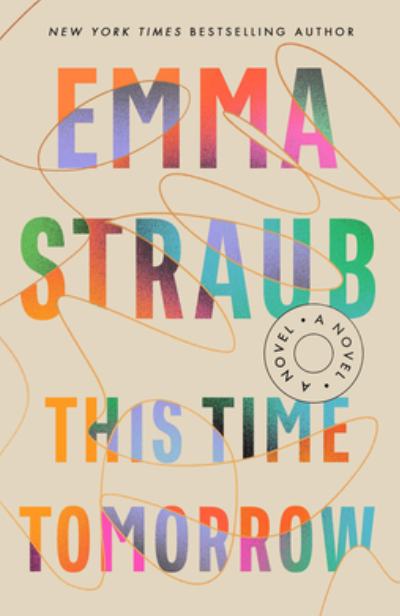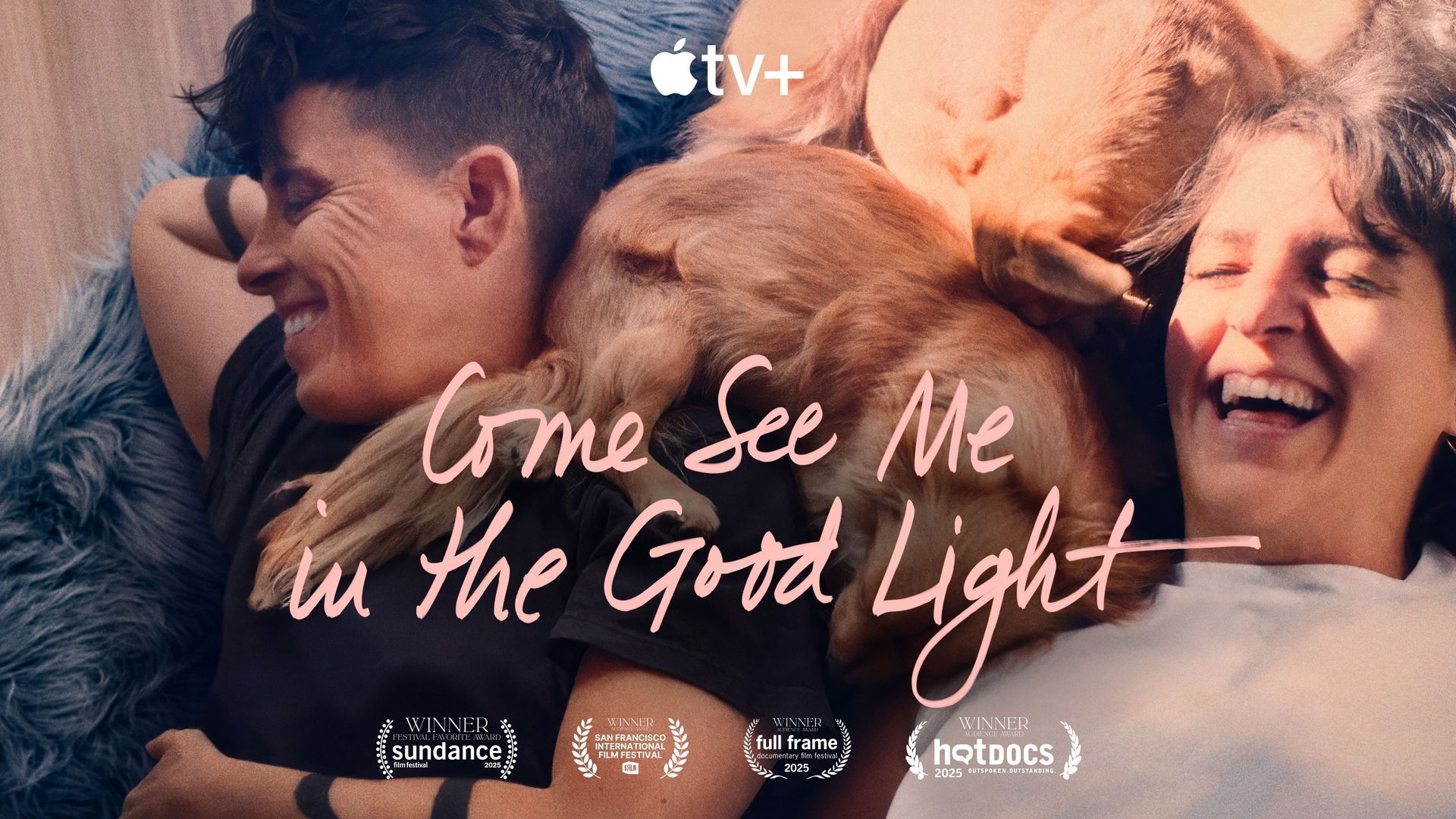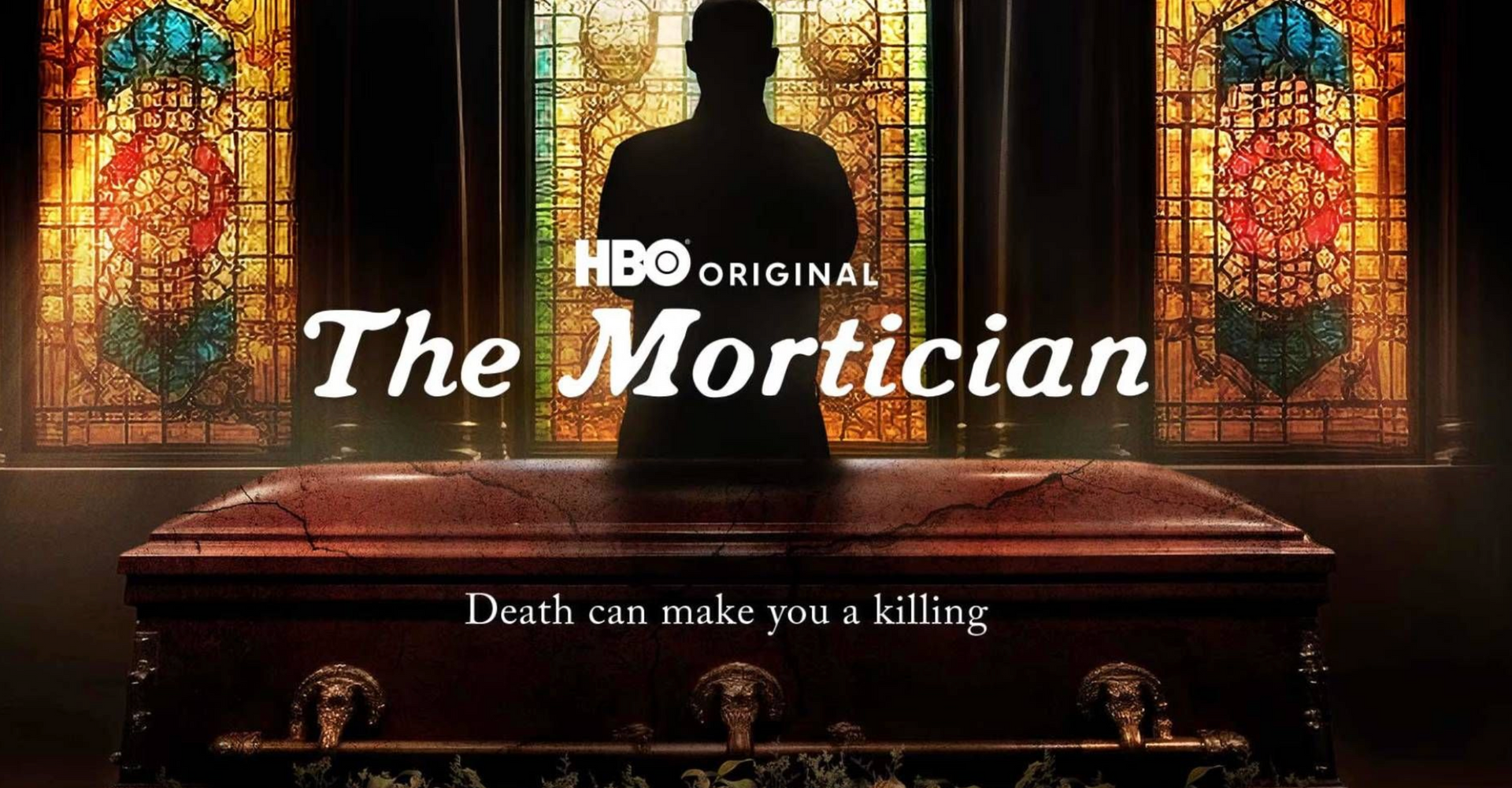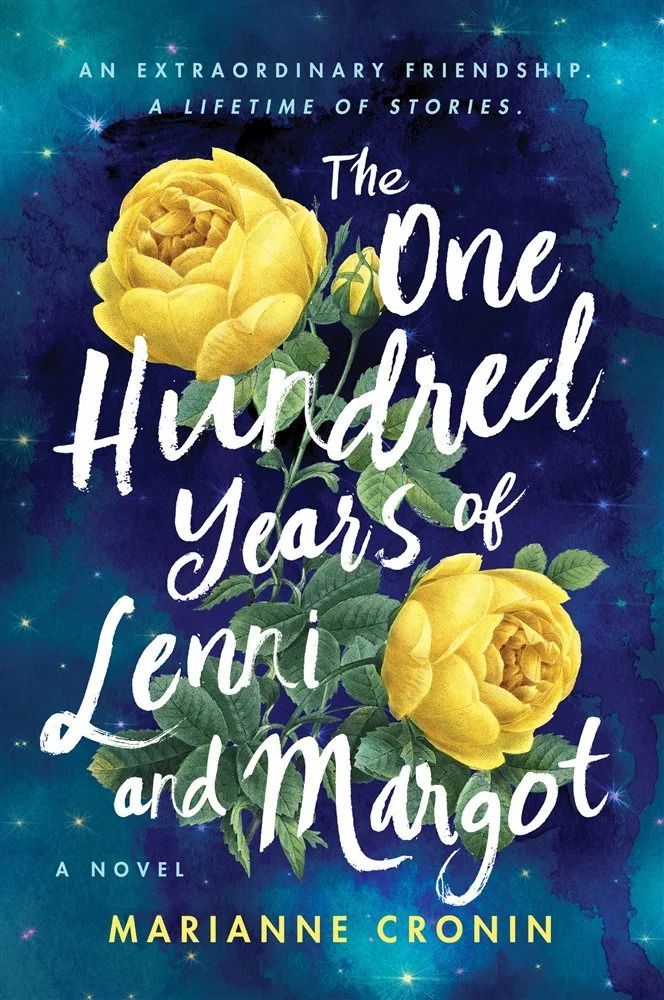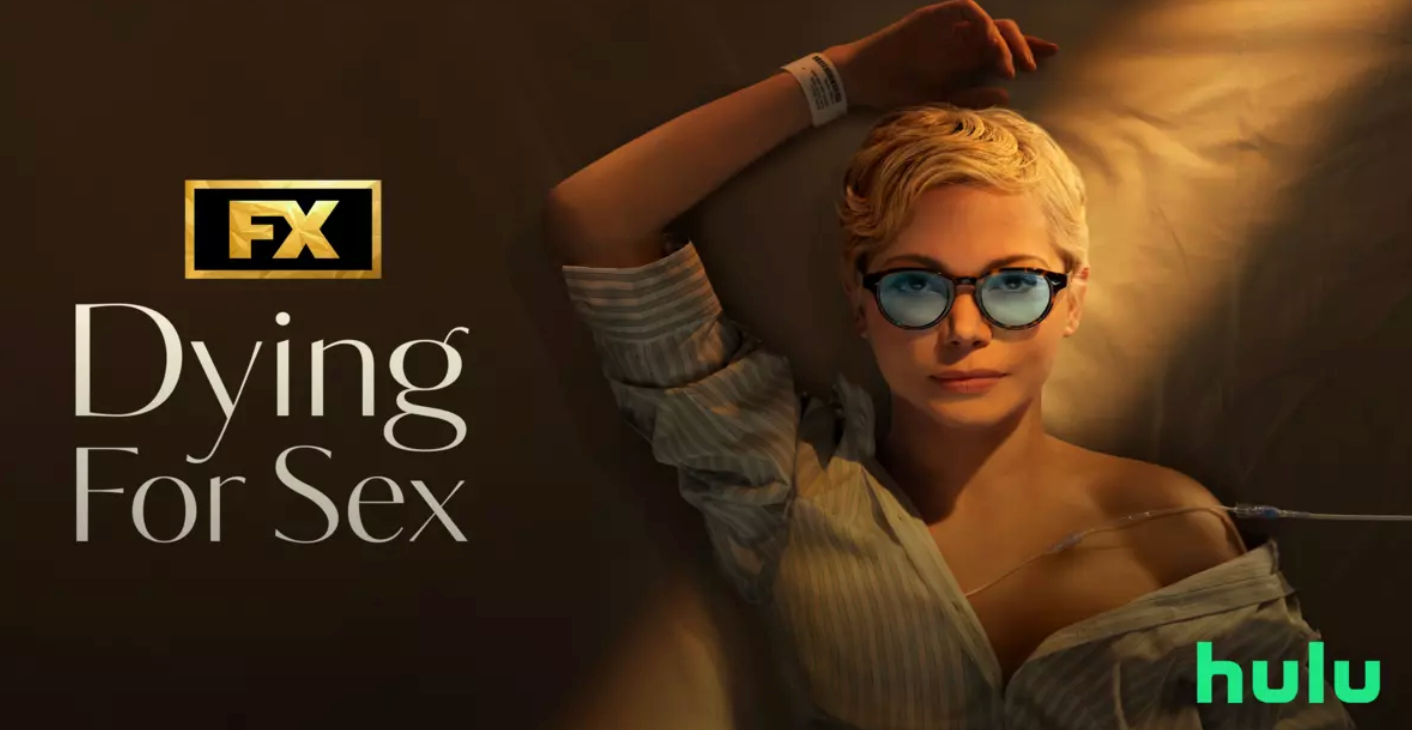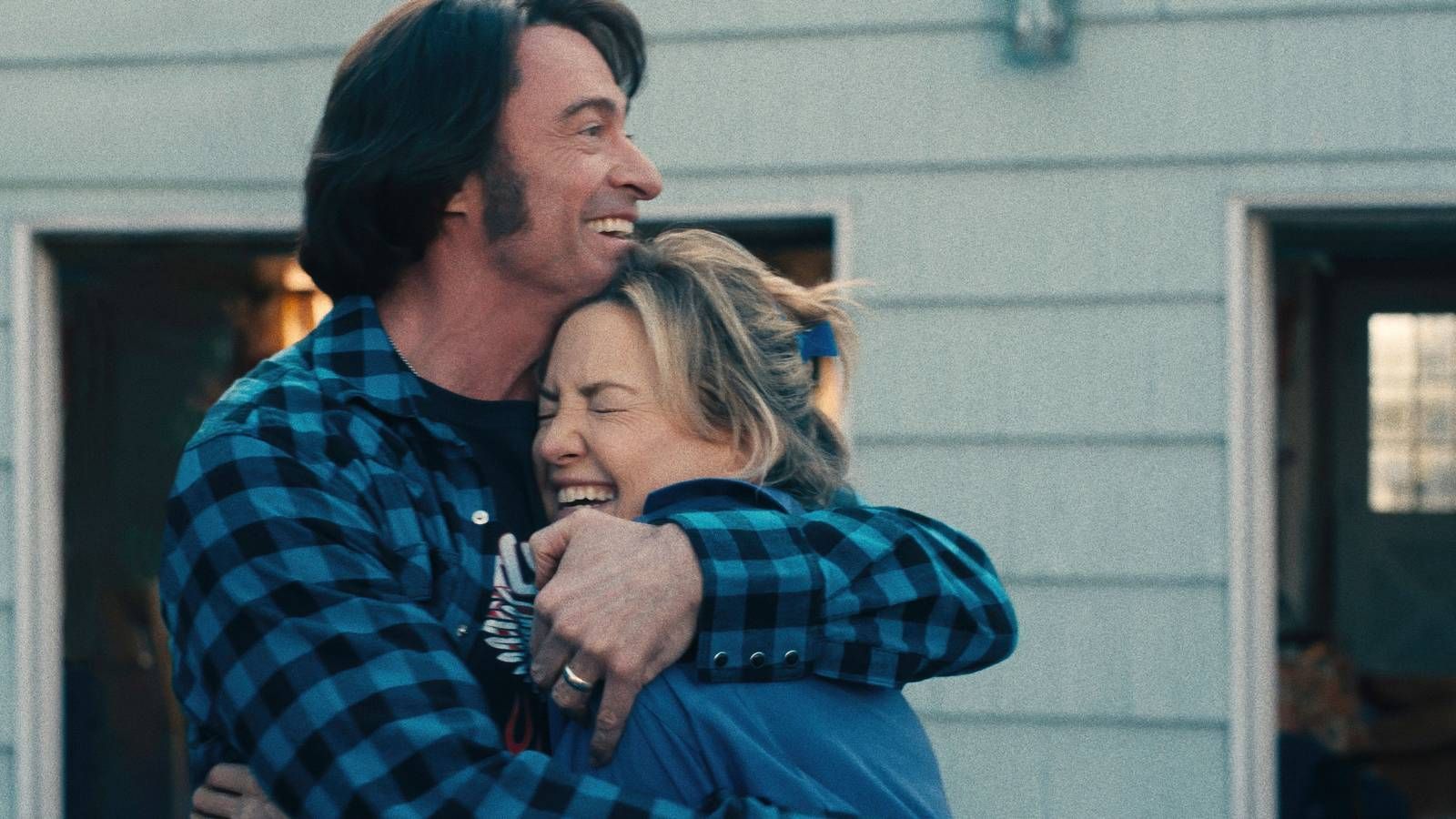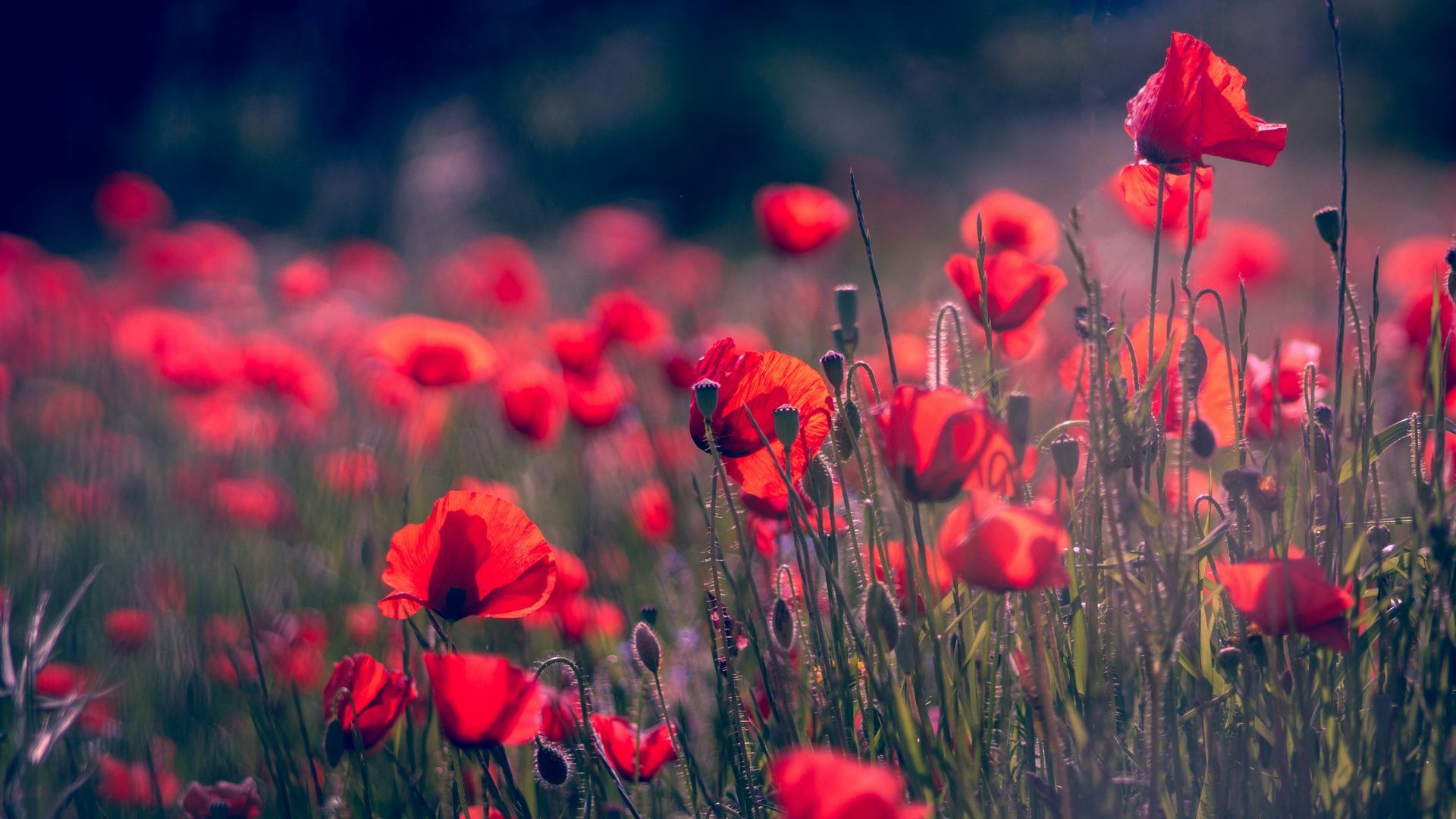Ever Wondered What It’s Like Being a Funeral Director During a Pandemic?
Ever Wondered What It’s Like Being a Funeral Director During a Pandemic?
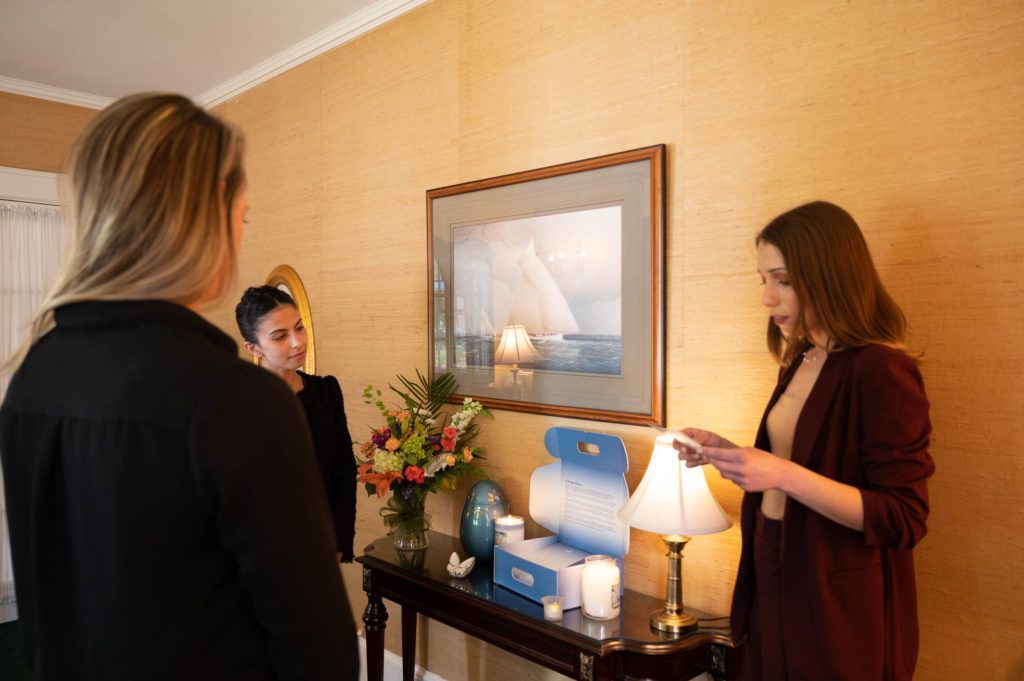
As COVID-19 went from a rumored outbreak of a mysterious pneumonia in Wuhan, China to a global pandemic, Kurt Edenbach, owner of Memorial Funeral Homes, began to think about what steps he needed to put in to place at his business.
“Once I saw the impact it was having on the different cities in Italy, I began to fully stress about what we might need to do to properly respond if that started happening here.” He says. ” We started getting information from our professional peers and leadership organizations, as well as from the Rhode Island Department of Health, which had an amazing channel of communication.” He continues.
For the funeral home, it was not just figuring out a way to keep staff safe, it was also trying to ensure the best safety precautions for families coming through the doors. “There was a lot of anxiety: would any preparation be enough? Can we handle it? ” Edenbach says.
“When the restrictions were first put in place the absolute worst part of this was telling families they couldn’t have the good bye that they normally would,” Says Courtney Sullivan, a funeral director at Memorial Funeral Home. Sullivan says she can’t say how many times she was asked why was it OK to go and be in the store with 100 people, but then people couldn’t gather to say goodbye to a loved one?
On top of the stress of telling people that they could only choose a few people to attend a ceremony in person, there was also the added stress that all the directors were split into teams to reduce the number of employees present at one time. “Everyone really pulled together to get everything done, but I always had that anxiety that something is going to be missed, that you’re going to disappoint a family that was already upset and going through enough.” Sullivan says.
To ensure that everyone could say goodbye to their loved ones, Edenbach decided to incorporate live streaming of funerals into the services offered.
“The idea of having a live webcast for a funeral has actually been around for a while, but the funeral directors who tried it early on shared that most families didn’t recognize the need, most everyone could hop in the car or on a plane and get where they needed to be.” He says.
Now, those options were all but off the table and streaming of a service became a more viable option.
“It was live, it was their family, they could hear and see each other, but you could tell the distance was still there.” Says Kurt. ” Several companies began sharing their techniques and technology, and we started assembling some equipment and training. We definitely had some hiccups and mistakes, but we also were able to help several families with successful live streams and video recordings.” He continues.
Live streaming did help alleviate some of the pain of not being able to be present at the final goodbye, but the comfort of a hug or a squeeze of the hand was still missing. However, there were other elements that the staff at Memorial Funeral Homes used to ease some of that pain.
“Gathering photos and creating a video tribute, or contributing to writing the eulogy or obituary, some activities that were done in person without too much conscious thought, that became cherished, shared activities where the memories and stories could be exchanged and documented,” Says Edenbach.
Sullivan says she has seen mixed emotions when it comes to families who waited for things to return to “normal” to have a service. While many people are relieved to be able to have a larger gathering for a loved one, “they do say it feels like this is happening to them all over again and it’s like opening an old wound,” She says. “They mention that they are glad to be able to honor their loved one the way they originally planned, but they feel that they are starting at square one in the grief department.” She continues.
Both Edenbach and Sullivan feel that live streaming and the more virtual elements of a goodbye will stay, but nothing can replace the need to gather in person.
“We are not alone in our current society in the act of sharing our grief,” Says Edenbach. “I believe that by sharing grief, it can be a lighter load, less foreign and less lonely when we can process and acknowledge the experience with others.” He continues.
Memorial Funeral Homes will continue to develop live streaming capabilities, but for now, MFH’s staff are happy that they can finally provide help and comfort in person again.
The post Ever Wondered What It’s Like Being a Funeral Director During a Pandemic? appeared first on Newport RI | Memorial Funeral Home.
